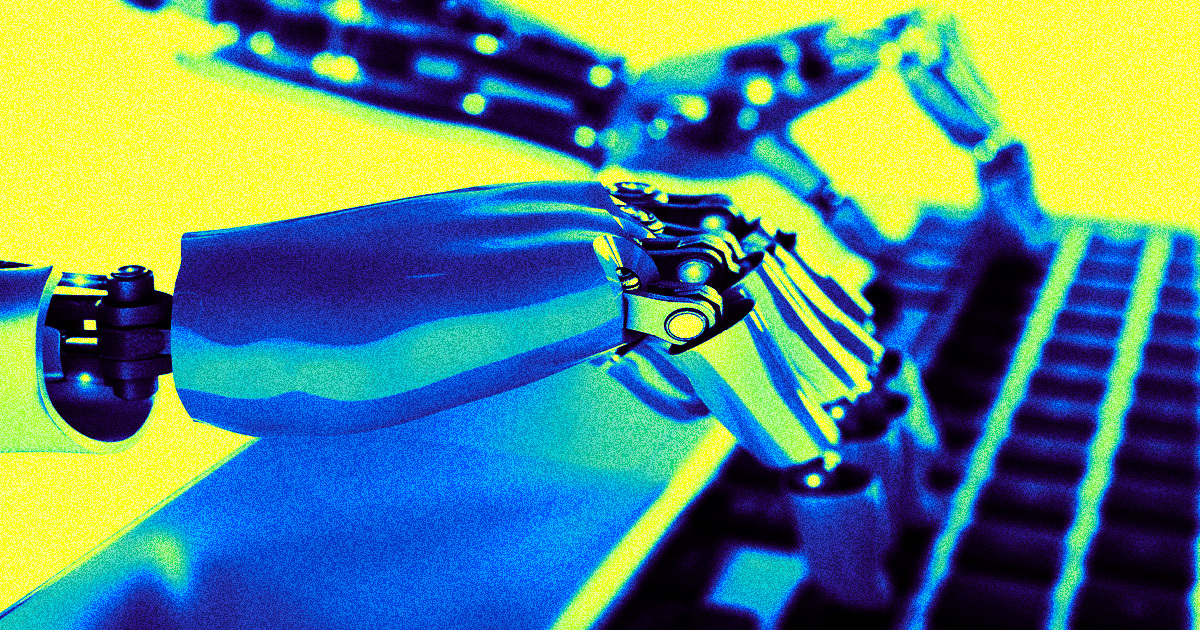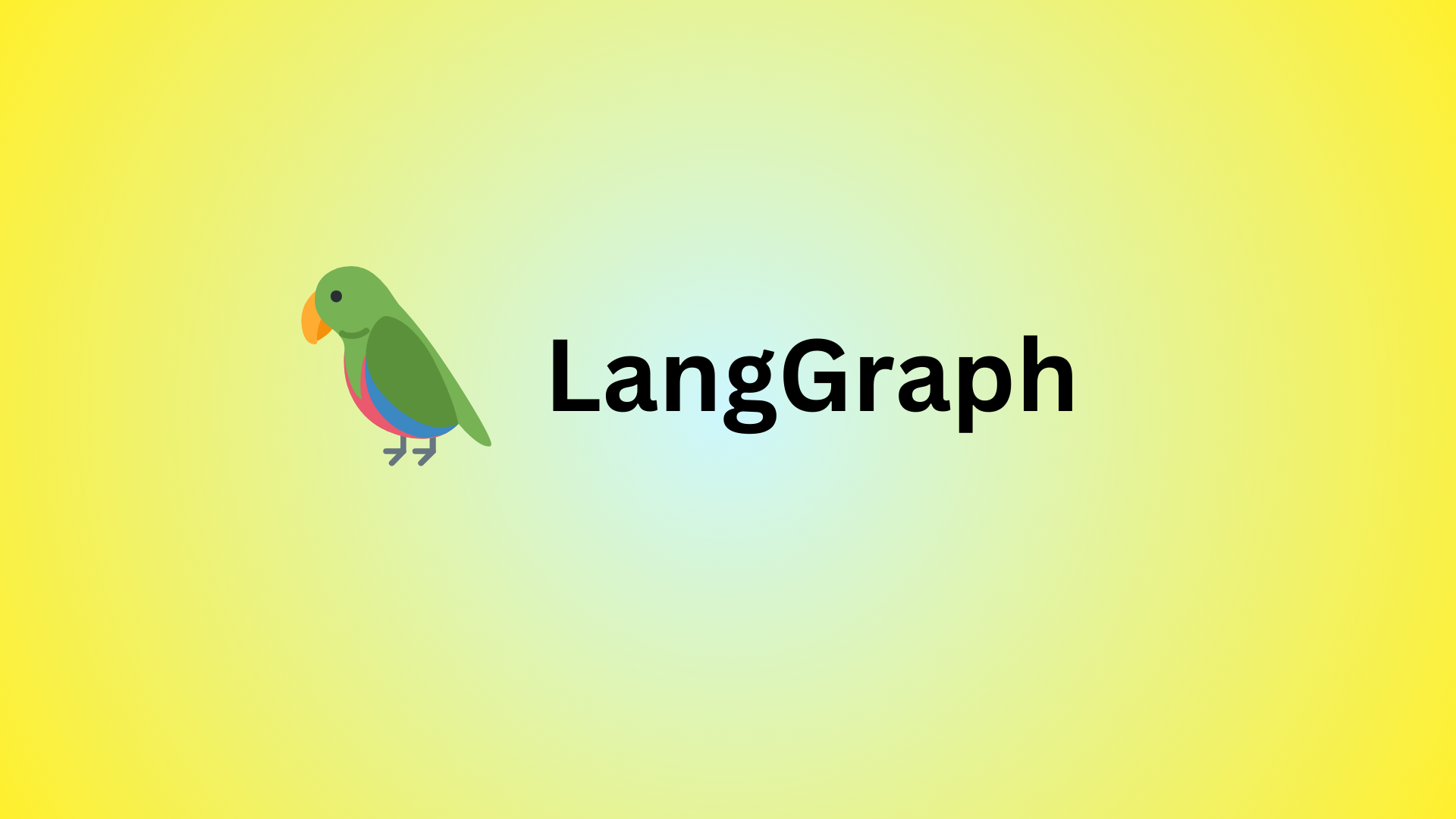The purchase of the domain was motivated by its “impressive reputation and high-quality backlinks.”
AI-Generated Content Deterioration
The Hairpin, a cherished platform focusing on women’s issues and culture, once served as a launching pad for renowned writers such as Jia Tolentino and Jazmine Hughes before its closure in 2018.
However, the site’s current state showcases a stark contrast, with nonsensical content generated by AI flooding its pages. This transformation occurred when a Serbian DJ capitalized on the opportunity to claim the domain after its original owners inadvertently let it lapse, as detailed in a report by Wired.
In an interview with Wired, Nebojša Vujinović Vujo, the new proprietor of the website, explained that he acquired the domain due to its “impressive reputation and high-quality backlinks.”
Backlinks play a crucial role in search engine optimization (SEO) by signifying endorsements from other websites. The presence of numerous reputable backlinks can significantly enhance a website’s visibility in Google search results.
Vujo’s actions have effectively transformed the website into a hub for sensationalized clickbait content, featuring articles like “Dream Interpretation: Dying Fathers and Falling Cars” and “Celebrities All Have Little Real Teeth Under Their Big Fake Teeth.”
This shift reflects a downfall from its previous stature.
Proliferation of Spam
Vujo revealed to Wired that he has acquired over 2,000 websites with similar intentions, citing it as a prevalent practice in today’s online landscape.
The case of Vujo and his acquisition of The Hairpin epitomizes the negative aspects of the modern internet: manipulated search engine rankings resulting in subpar search results and the prevalence of AI-generated spam content.
One concerning issue stemming from these spam-filled websites is the juxtaposition of legitimate advertisements alongside low-quality AI-generated material, potentially leading to misinterpretations and fraudulent impressions. Vujo’s strategy capitalizes on this loophole in the system, exploiting it to its full potential.
The situation paints a grim picture, especially considering instances where reputable sources such as Sports Illustrated have been implicated in publishing AI-generated content.
Addressing these intertwined challenges poses a complex dilemma, indicating a turbulent journey ahead in the online realm.






